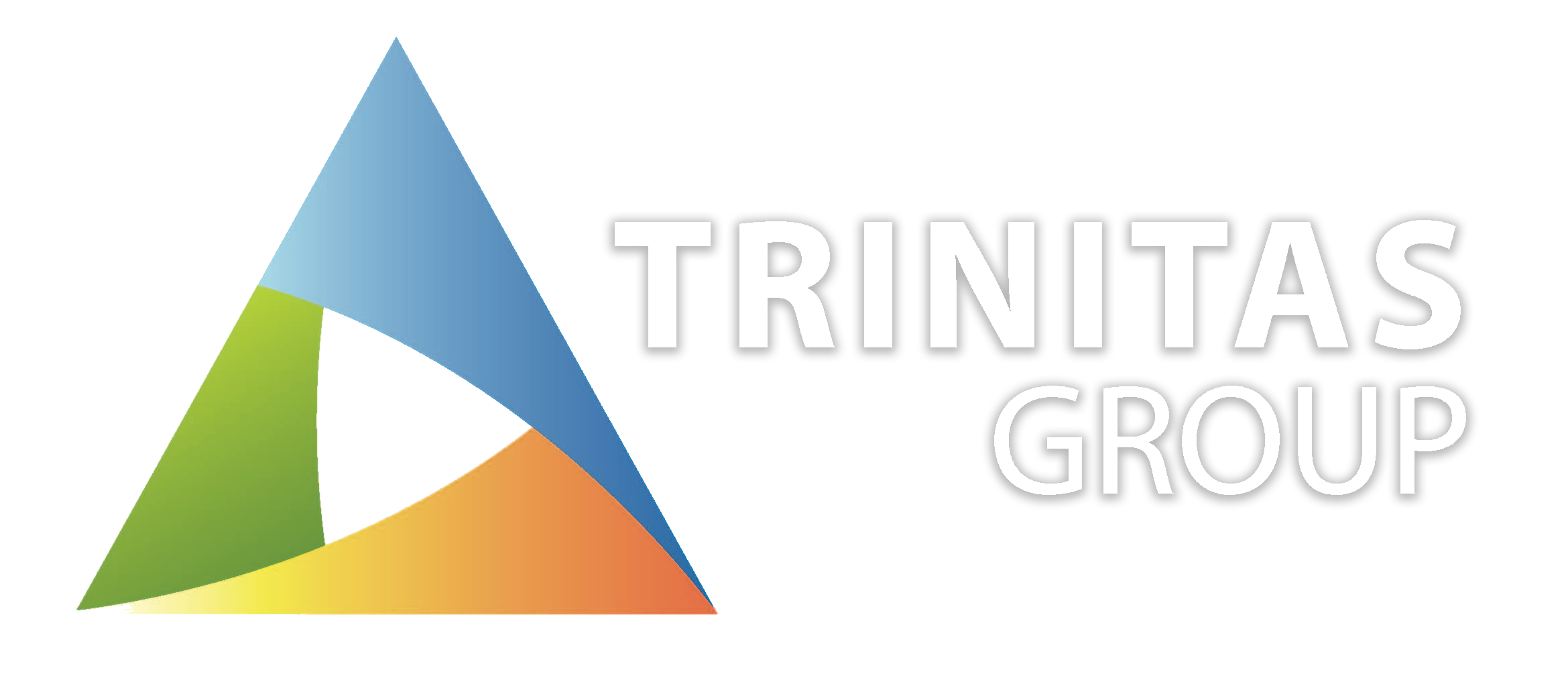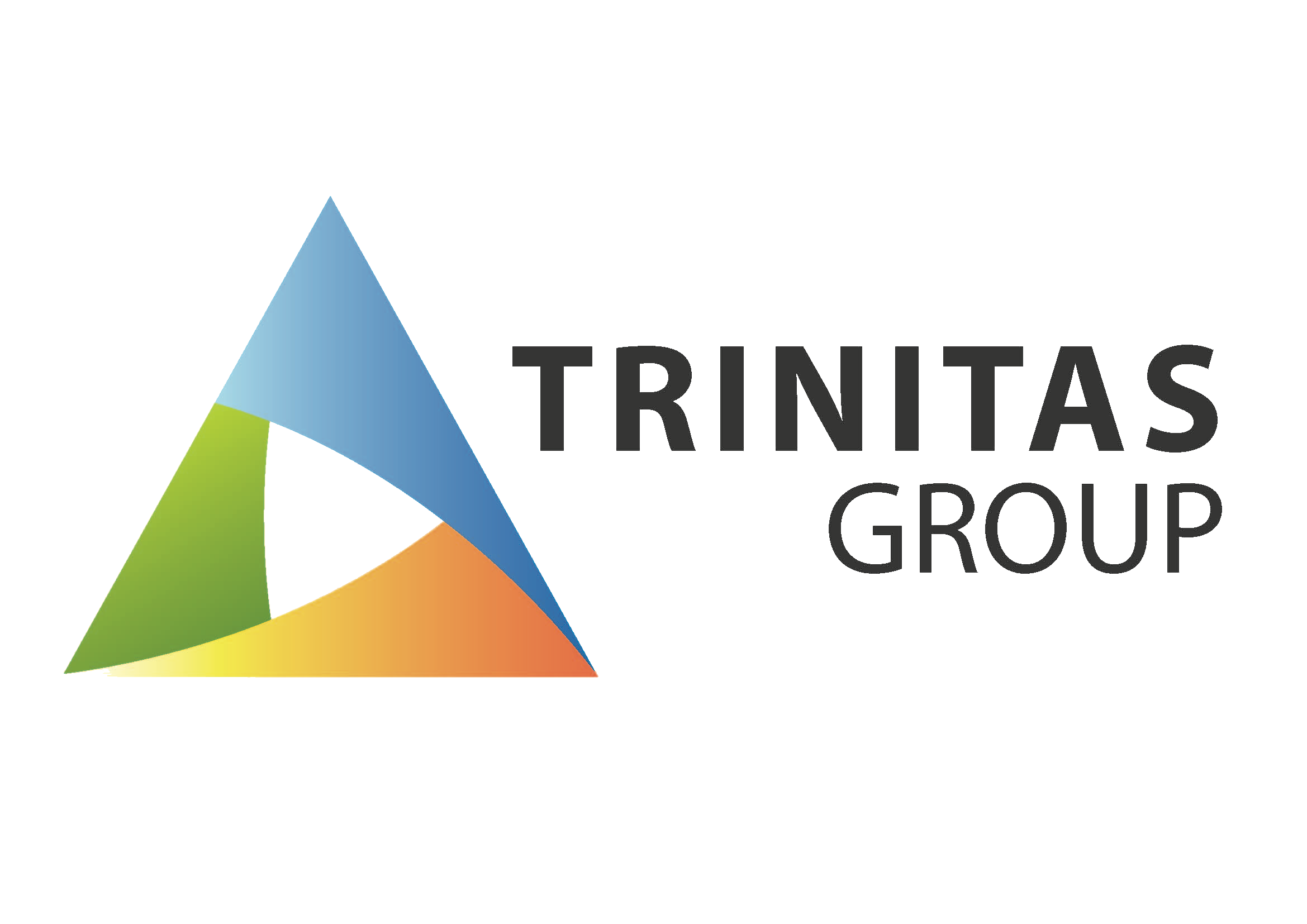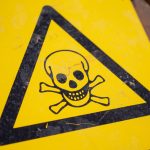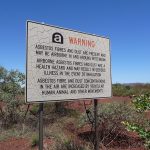An Australian tradesman from the Gold Coast has become the youngest person to be diagnosed with silicosis, a fatal lung disease known as the ‘new asbestos’.
Connor Downes, 22, has been working with engineered stone and benchtops for three years when he decided to get himself checked after a friend was diagnosed.
Mr Downes said that for the last three years in the ‘wet-cut workplace’, dust was so prevalent it covered surfaces and flooring daily.
‘While everyone knew any sort of dust was going to be harmful, we didn’t know to what extent,’ Mr Downes said.
Mr Downes is now joining a class action against the manufacturers of the product, and Slater and Gordon, who are leading the claim, have seen an increase in the numbers of workers who worked with the product and have since been diagnosed with silicosis.




